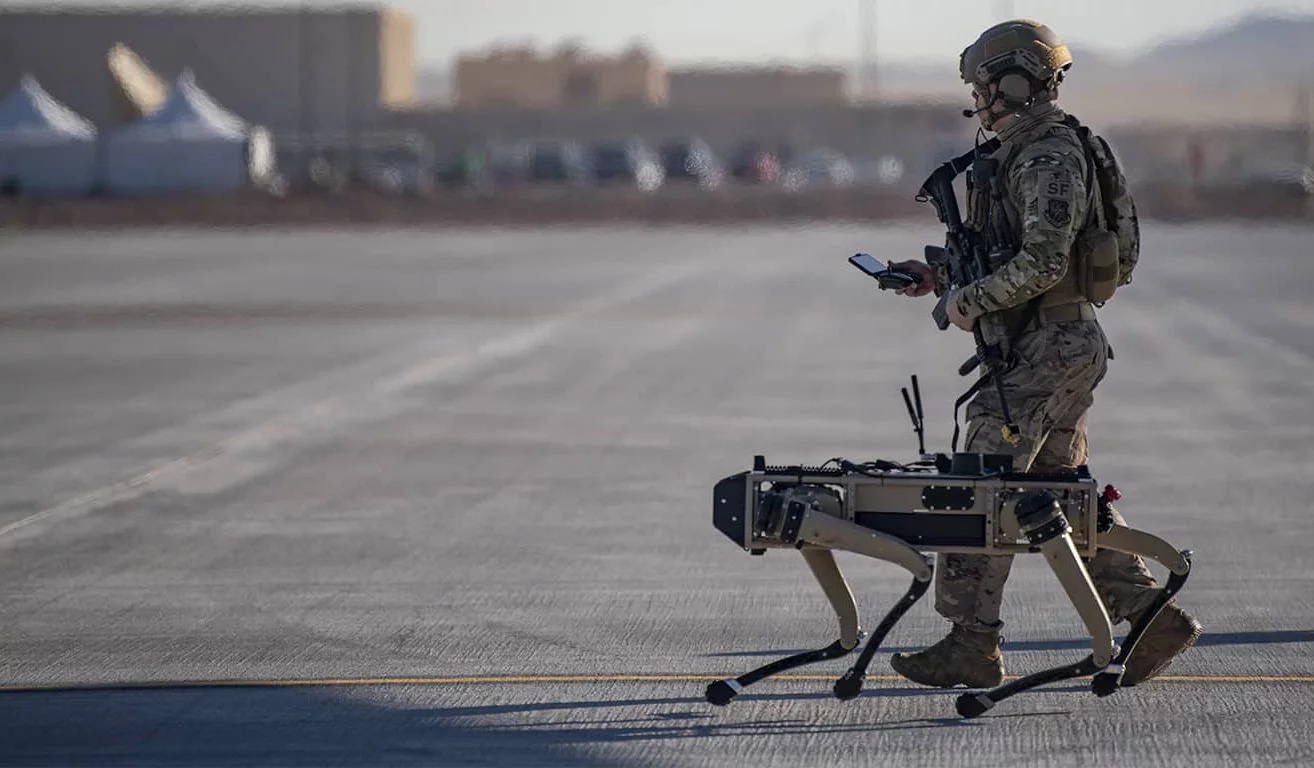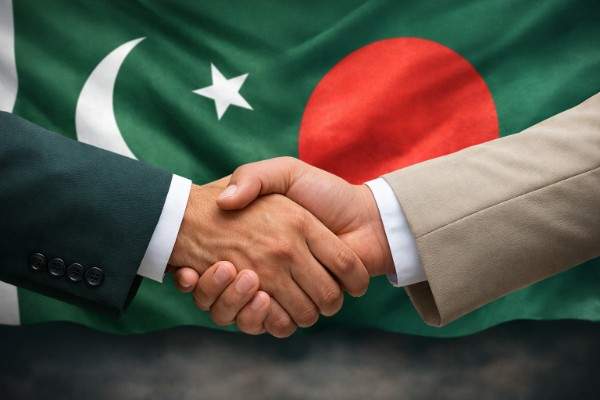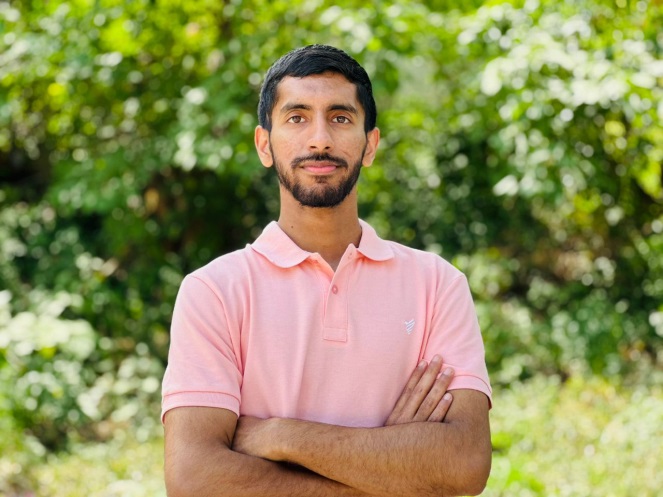Tech driven Revolution in Military Affairs (RMA) has altered the existing dynamics of the conflicts globally. Among the variety of emerging techs, Lethal Autonomous Weapon Systems (LAWS) have the greatest destabilizing potential for the armed conflicts. The employment of LAWS by virtue of its autonomy in the execution of its critical functions like target selection and engagement violates the provisions of International Humanitarian Law (IHL) that governs the armed conflicts. This aspect highlights the urgency to develop a comprehensive and a legally binding international instrument for regulating and banning the LAWS.
The debate at the international level pertaining to regulating the development and deployment of LAWS takes place at the UN General Assembly’s First Committee, Conference on Disarmament (CD) and Convention on Certain Conventional Weapons. In 2016 Convention on Certain Conventional Weapons (CCW) in its fifth review conference established a dedicated Group of Governmental Experts (GGE) on LAWS.
Pakistan being a High Contracting Party to CCW and its all protocols remains steadfast in generating a healthy debate in developing consensus for a legally binding instrument for regulating LAWS. Recently, Pakistan presented a working paper to GGE while outlining the elements of an international legal document on LAWS. Pakistan remains cautious of the ethical, legal and moral challenges associated with the development, deployment and production of LAWS. To overcome definitional challenges Pakistan perceives LAWS not as a single category of weapons, rather takes a functional approach. The functional approach proposed by Pakistan focuses on the autonomy of weapons in executing critical functions like target selection and engagement without any human intervention. For a weapon to be characterized as a LAWS, the word “lethal” needs to be examined further. As per Pakistani perspective, a weapon qualifies to be a LAWS, if it has a design and corresponding capability to employ lethal force without human intervention. This approach focuses on the capabilities of a weapon system, rather than the effects generated due to its payload delivery. Therefore, a weapon must be characterized as a lethal autonomous one, if it has aforementioned capabilities regardless of its actual or intended usage and corresponding destruction potential. The level of autonomy and corresponding human-machine interaction in complex environments requires further examinations for chalking out common grounds, for defining the permissible level of autonomy for LAWS.
Pakistan adopts a two-tier approach at GGE, while simultaneously advocating for prohibiting certain autonomous weapons, and regulating the production of others through a legally binding additional protocol to CCW. Pakistan’s approach is well grounded in the regulatory framework that governs the CCW. An autonomous weapon system that ceases to work in compliance with the provisions of IHL in evolving situations must be banned. Furthermore, if human operators are unable to understand the functioning of the algorithm pertaining to the use of force, or predict the outcomes of a weapon’s engagement, such weapon systems need to be banned. Compliance of a weapon system with the provisions of the IHL must be ensured on the basis of the design as well as the effects it may produce after the payload delivery. Pakistan has proposed a holistic approach for regulating the weapon systems, which can’t be banned otherwise. The approach opted by Pakistan stresses for limiting the time and geographical space for the employment of LAWS, while avoiding the densely populated centers. It further reiterates that LAWS must be directed against purely military targets. Human operators must have a meaningful control over the working of LAWS. The operators must be able to intervene and deactivate weapon systems throughout its operational cycle. The choice of targeting parameters must only be regulated and governed by humans, and LAWS does not have the capability to change it at any stage of weapon cycle.
The provisions for meaningful human control over LAWS are imperative for holding humans accountable for any violations of IHL. Pakistan has proposed that states must develop redressal mechanisms for any violation of IHL pertaining to the development and deployment of the LAWS. Without the redressal mechanisms and meaningful human control over LAWS, it is impossible to maintain the compliance of LAWS with the IHL.
At this juncture there is a need to revisit this question: Does the existing framework of IHL is sufficient to regulate the LAWS? Or we need an additional protocol of CCW to plug in loop holes for regulating the LAWS comprehensively.
Pakistani perspective places central importance to the IHL, however it highlights certain caveats in this framework for regulating LAWS. International humanitarian Law (IHL) adopts an effect-based method for placing certain limits on few weapon systems. Due to inherent brittleness of the functioning of the algorithms of autonomous weapons systems, it becomes difficult to predict the outcomes of the lethal force employment in all the situations. In this scenario, if its not possible to quantify the destruction potential and targeting patterns of a weapon system, IHL somehow loses its significance for regulating LAWS. Furthermore, the notions of accountability and responsibility defined within the framework of the IHL get incompatible with the functioning mechanisms of LAWS due to opaque nature of algorithms and varying patterns of autonomy being exhibited.
Accounting for the reasons above, Pakistan calls for an additional legally binding protocol being negotiated at the GGE in CCW for banning certain LAWS, while regulating the others. The additional protocol will strengthen the global legal framework for governing LAWS, while addressing the shortcomings of IHL as a regulatory framework. Pakistan remains wary of the irresponsible use of military AI, and proactively participates at international forums for addressing humanitarian concerns emanating from the LAWS, and simultaneously playing its instrumental part in removing bottlenecks for negotiating a holistic and comprehensive legally binding document on governing LAWS.

Table of Contents
ToggleSaif ul Haq
Saif ul Haq is a Research Officer (RO) at Strategic Vision Institute (SVI), Islamabad.













